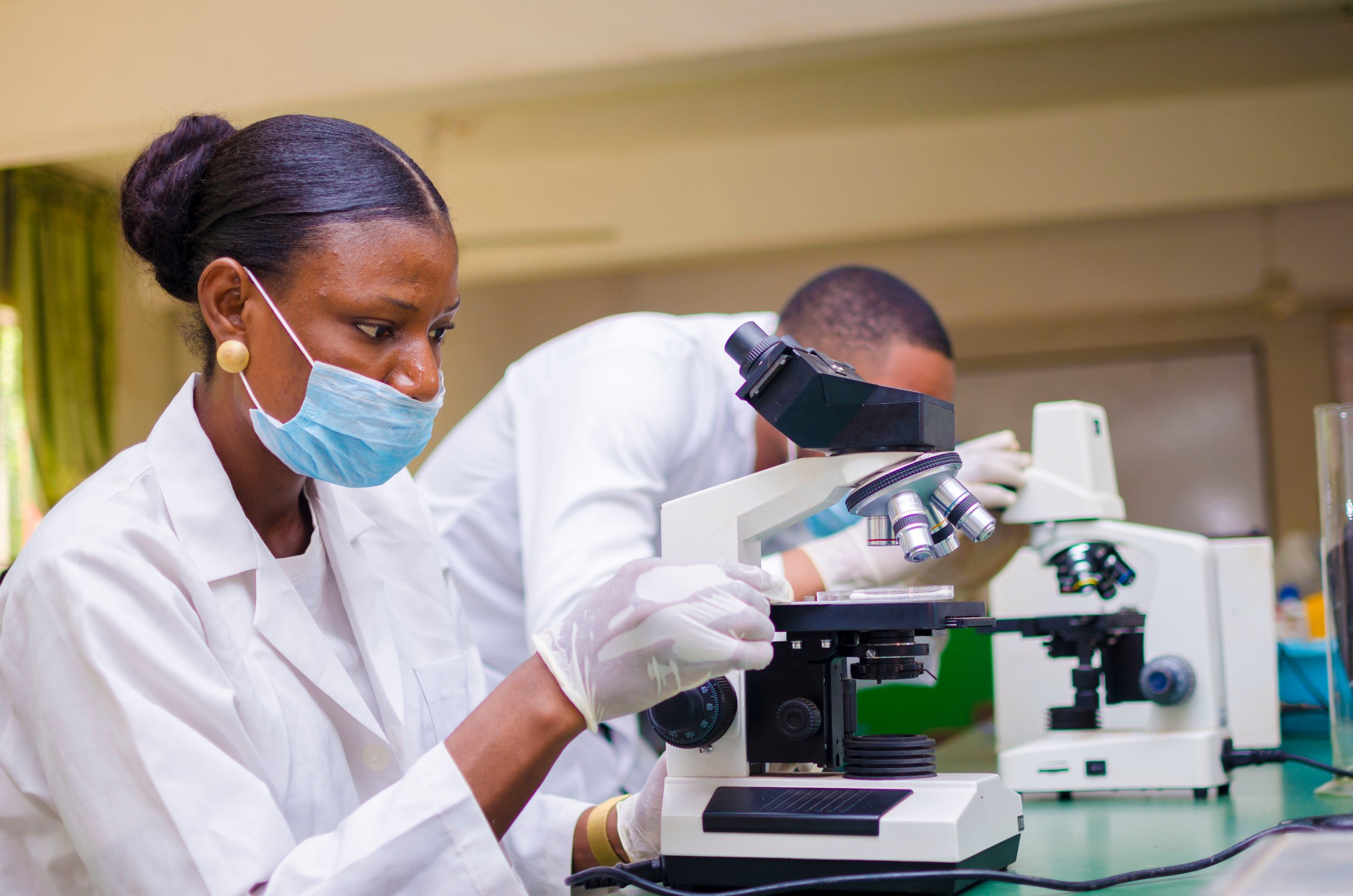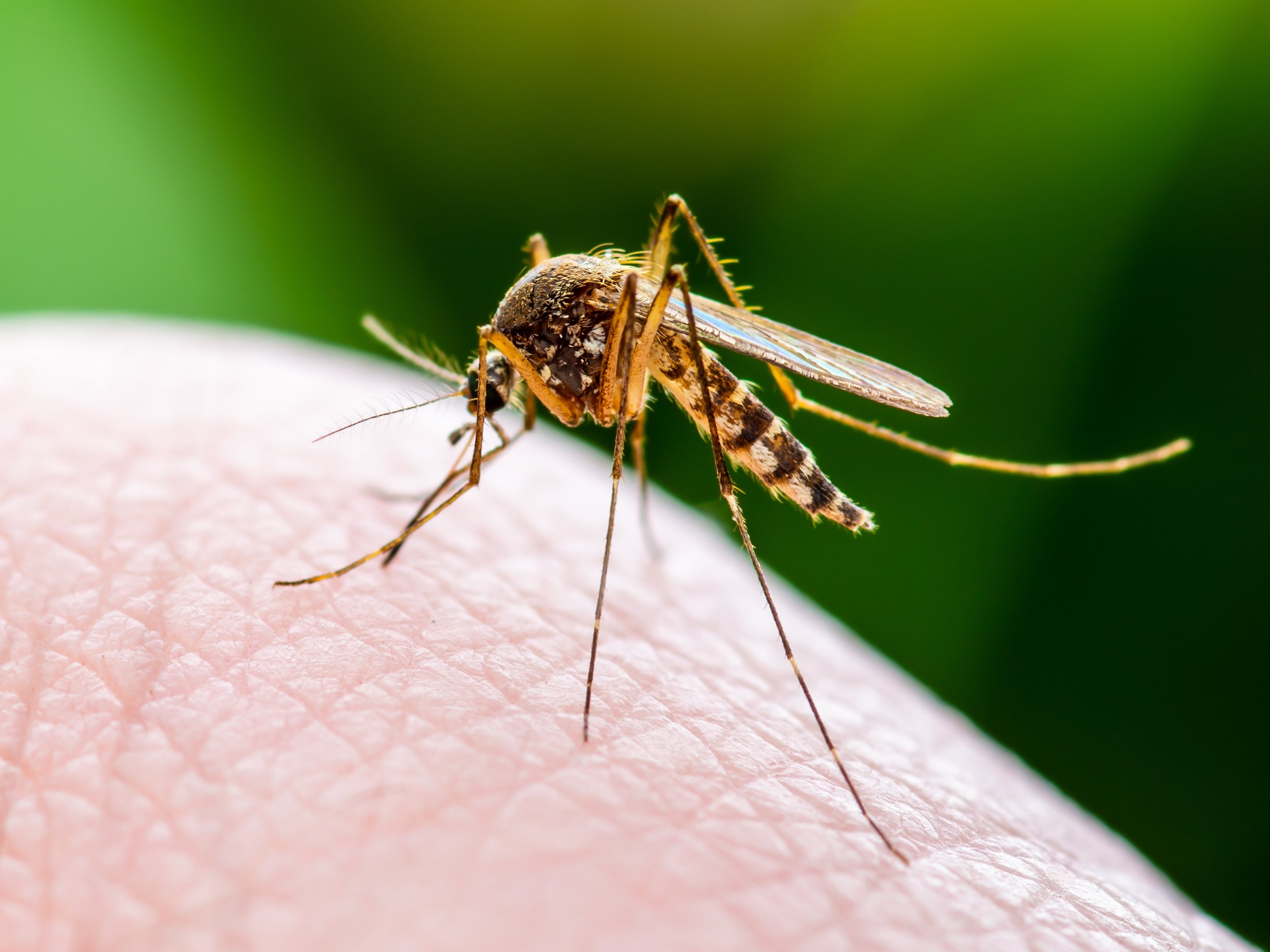Hamish Ogston Foundation Celebrates Platinum Jubilee with Launch of Grant Scheme for Early-Career Tropical Medicine and Global Health Professionals
The Hamish Ogston Foundation Platinum Jubilee Early Career Awards Scheme is open to young researchers across the world, with special consideration given to applications from those conducting research within Commonwealth Nations.
The Hamish Ogston Foundation has announced £350,000 of funding for 70 Platinum Jubilee Grants for early career health professionals hoping to pursue scientific research projects in Tropical Medicine and Global Health throughout the Commonwealth.
The Hamish Ogston Foundation Platinum Jubilee Early Career Awards Scheme will see up to 70 young health researchers and practitioners receive grants of up to £5,000. The grants will give recipients the financial support they need to conduct lifesaving research at a time when it is becoming increasingly difficult to obtain funding.
Snakebite, reinstated in 2017 by the WHO as a category A neglected tropical disease, is one area of research which may benefit from the scheme.
The scheme will be administered by prestigious research institutions including The London School of Hygiene & Tropical Medicine (LSHTM), The Liverpool School of Tropical Medicine (LSTM) and the Royal Society of Tropical Medicine and Hygiene (RSTMH) and will complement existing global health initiatives which are helping to build a vital health infrastructure in developing countries and improve the lives of thousands.
Malaria, a disease affecting more than 200 million people per year, may be another disease towards which grants may fund prevention and treatment research
Dr Michael Vaughan, Health Project Director at the Hamish Ogston Foundation said:
“The Hamish Ogston Foundation is proud to work to eliminate disparities in both access to medical treatment and health awareness around the world. These Platinum Jubilee early career grants provide opportunity for the next generation of health professionals to gain invaluable experience in the research methods that they need to progress their careers dedicated mostly to the rural poor who do not have immediate access to medical diagnosis and treatment.”


